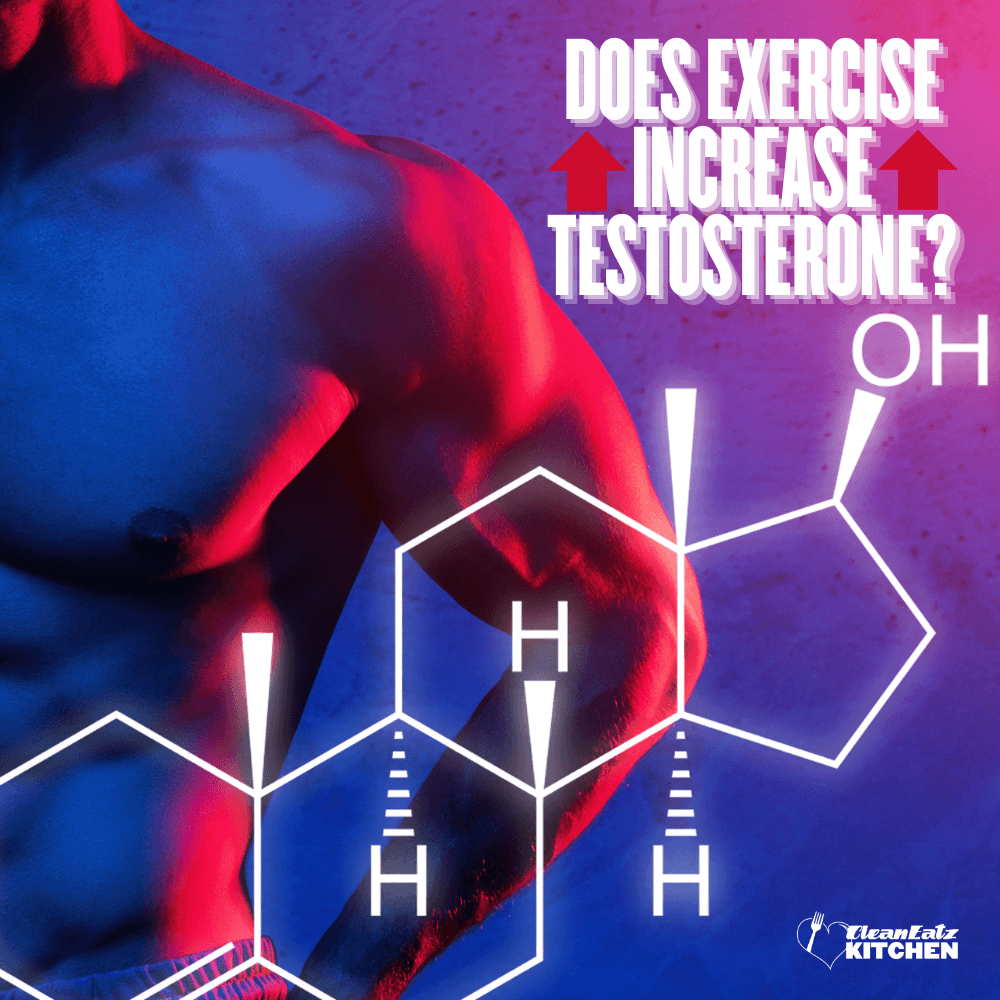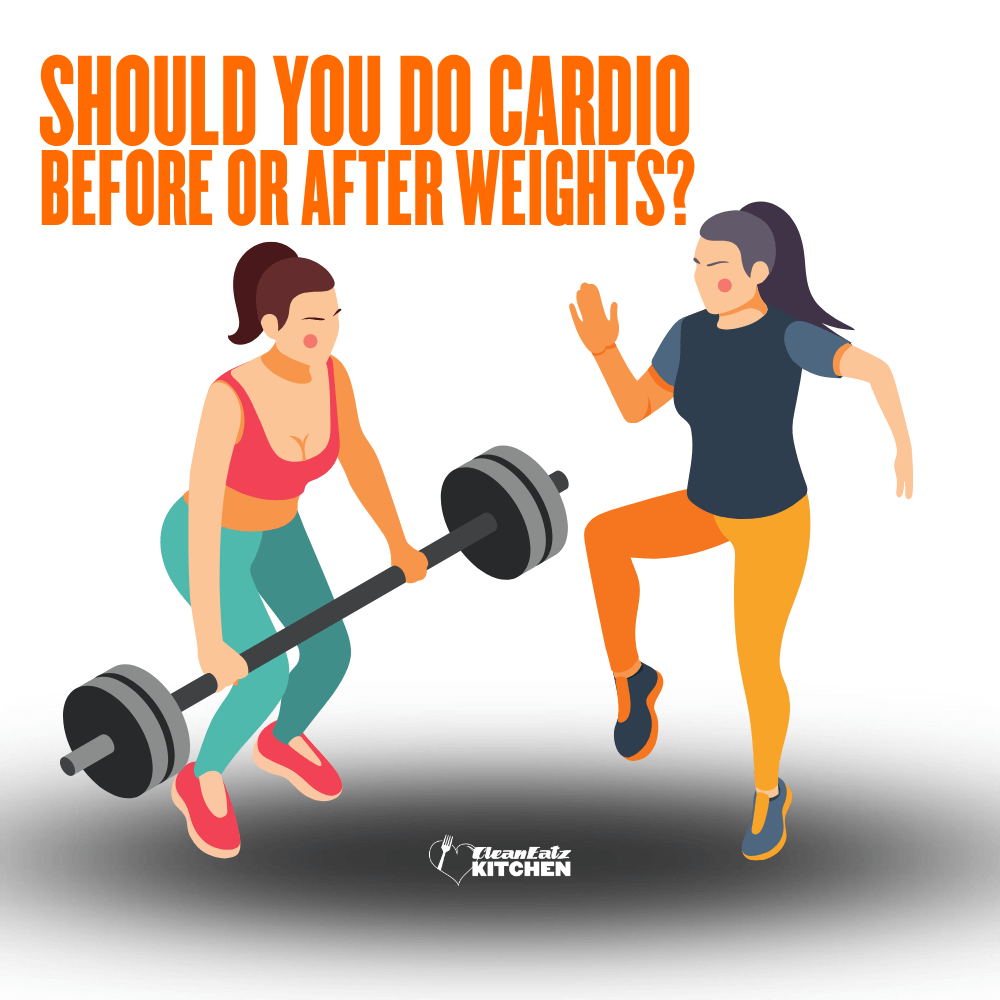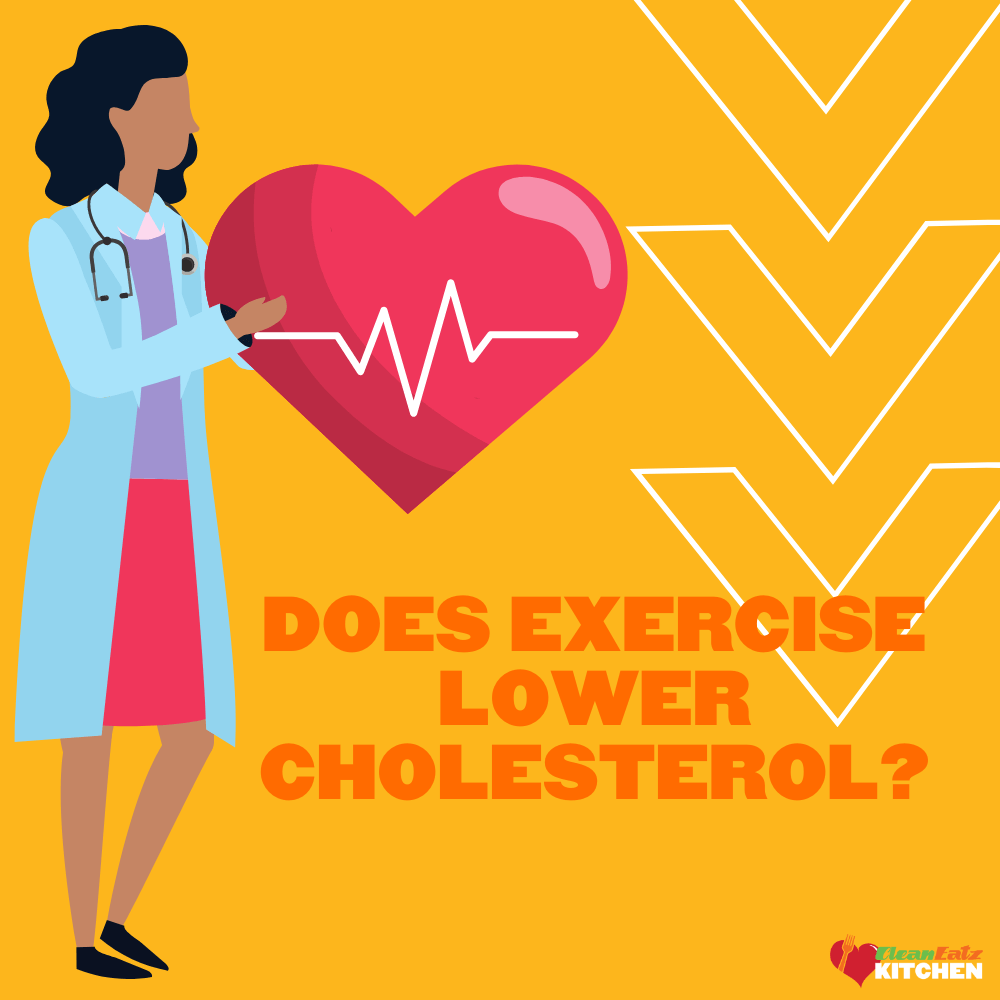
Does Working Out Increase Testosterone? Unraveling the Fitness-Hormone Link
Jason Nista
Exercises & Fitness
6 minute read
You might recall from your school biology class that testosterone is a hormone produced in the body, playing a key role in numerous functions like bone density, fat distribution, muscle strength, and sex drive, among others. Given its significance, you might ask, "does working out increase testosterone?" and ponder how exercise can impact these levels. Today, we'll dive deep into the science behind this query and provide insights on how to maximize the benefits.
WHAT IS TESTOSTERONE?
Testosterone is a hormone primarily produced in men's testicles and women's ovaries. It's the most crucial androgen hormone, explaining why men generally have higher levels than women. This hormone influences a variety of bodily functions, including bone and muscle density, sperm production, mood, energy, and even mental clarity, focus, and concentration.
Considering its importance, it's unsurprising that consistently low levels can lead to issues like diminished sex drive, erectile dysfunction, sleep disturbances, reduced muscle and bone density, increased midsection fat, depressive symptoms, and mental fog. These problems may signify testosterone levels outside the optimal range.
Now, coming back to the central question: Does working out increase testosterone? The answer is closely tied to your lifestyle choices. It's essential to understand that testosterone and other naturally occurring steroid hormones in the body need dietary fat and cholesterol for production. Hence, not only does exercise increase testosterone, but a balanced diet and adequate nutrient intake are equally crucial.
DOES WORKING OUT INCREASE TESTOSTERONE?
Testosterone levels in the blood differentiate into free and bound testosterone. Most testosterone in your body binds to proteins, with a significant portion remaining non-divisible, leading to minimal effect on tissue function. This can cause low testosterone symptoms even if levels appear regular or high in the blood.
For men, normal testosterone ranges are:
- 270 to 1070 ng/dL total testosterone (average: 679 ng/dL).
- 9 to 30 ng/dL free testosterone (average: 2 to 3% of total levels).
For women:
- 15 to 70 ng/dL total testosterone.
- 0.3 to 1.9 ng/dL free testosterone (average consistent with men).
However, beyond these ranges, other health markers and symptoms should be considered. What's regular for some might be low for others, influenced by factors like sex, age, diet, and lean mass.
HOW DOES WORKING OUT INCREASE TESTOSTERONE AFFECTING MUSCLE AND BODY FAT?
Maintaining healthy testosterone levels impacts muscle mass and body fat, emphasizing muscle growth and body fat reduction. Starting with healthy T levels and then elevating them might not lead to significant changes in muscle and fat. Still, you'll reap other health benefits from the testosterone boost.
Regarding fat loss, increased body fat percentage relates to decreased testosterone levels. Elevated testosterone levels can make you leaner. While the exact mechanisms aren't fully understood, research indicates testosterone directly inhibits fat cell creation and low testosterone contributes to obesity.
Thus, strategies to naturally boost testosterone can profoundly influence your appearance and wellness.
HOW EXERCISE INCREASES TESTOSTERONE NATURALLY
Here are ways to naturally elevate your testosterone without hormone replacement therapy:
- Diet Control: Incorporate more cruciferous vegetables such as broccoli, Brussels sprouts, and cauliflower. Ensure protein intake to maintain muscle and lose fat. Include healthy fats from sources like nuts, seeds, and avocados.
- Stress Reduction: Stress produces cortisol, which can lower testosterone and increase appetite. Reducing stress can help manage these effects.
- Sleep: Inadequate sleep can drastically decrease testosterone levels, negatively impacting lean mass, body fat, energy, focus, and overall health.
- Healthy Sex Life: Regular sexual activity positively influences hormones like testosterone.
- Physical Activity: The main theme of this article - Does working out increase testosterone? Yes, certain exercises can naturally boost your testosterone levels.
DOES WORKING OUT INCREASE TESTOSTERONE LEVELS?
As previously discussed, testosterone levels correlate significantly with lean mass. This suggests that the higher your testosterone level, the leaner you'll appear. But, the effectiveness is tied to the kind of exercise you engage in and its consistency.
Want your efforts at the gym to truly contribute to testosterone levels? Consider the following:
- Exercise increases testosterone, especially when you prioritize heavy compound exercises like squats, deadlifts, and presses. Research indicates that such training enhances the production of hormones such as testosterone and growth hormone, aiding in getting you leaner and stronger.
- Master the correct form for each exercise before advancing in weight. Ensure every repetition, of every set, in every workout, adheres to safe and proper technique.
- Center your training on building strength and maintaining or growing muscle mass. Blending these objectives – employing heavy weights with fewer reps for strength and higher volume for bodybuilding – will both boost your leanness and positively impact your testosterone.
- Witness your strength surge by methodically intensifying your workouts – elevate the weights or loads, increase your repetitions, decrease rest intervals, and more. If you're uncertain, consider hiring an experienced coach or trainer to navigate this journey with you, ensuring safety.
- Incorporate cardio, but avoid overdoing it. To understand the optimal way to infuse cardio into your regimen, considering your objectives, read this article. Remember: the goal isn't endless hours of cardio. With the right strategy, you can spend less time and energy but reap phenomenal benefits.
- Align your diet with your workout efforts. Consume ample protein to recuperate, sufficient carbs to energize and fortify, healthy fats that promote stable hormone levels and vitality, and a variety of colorful veggies rich in nutrients.
Conclusion
The intimate relationship between exercise and testosterone levels cannot be understated. Healthy testosterone levels are paramount for a range of physiological functions, from muscle growth and fat reduction to mental clarity. Ensuring a balanced lifestyle that incorporates regular exercise, a nutrient-rich diet, stress management, and adequate sleep is pivotal to naturally optimizing testosterone levels. It's clear that the question, "does working out increase testosterone?", can be confidently answered with a resounding "Yes!". However, understanding the nuances and approaching fitness holistically will yield the best results.
FAQ
Does working out increase testosterone in both men and women?
Yes, working out can boost testosterone levels in both genders. However, it's essential to note that men generally have higher testosterone levels than women due to production primarily in the testicles, while in women, it's produced in the ovaries.
How does stress impact testosterone levels?
Stress leads to increased production of cortisol, a hormone that can lower testosterone. Elevated cortisol levels can also increase appetite, leading to weight gain and further reducing testosterone.
Are there specific exercises known to have a more significant impact on testosterone levels?
Compound exercises like squats, deadlifts, and presses are especially effective. These exercises engage multiple large muscle groups, leading to a more pronounced hormonal response, including a boost in testosterone.
Related Articles
Is It Better to Do Cardio Before or After Weights?
7 minute read
How Does Exercise Lower Cholesterol?
7 minute read
Exercises That Burn Belly Fat
10 minute read



